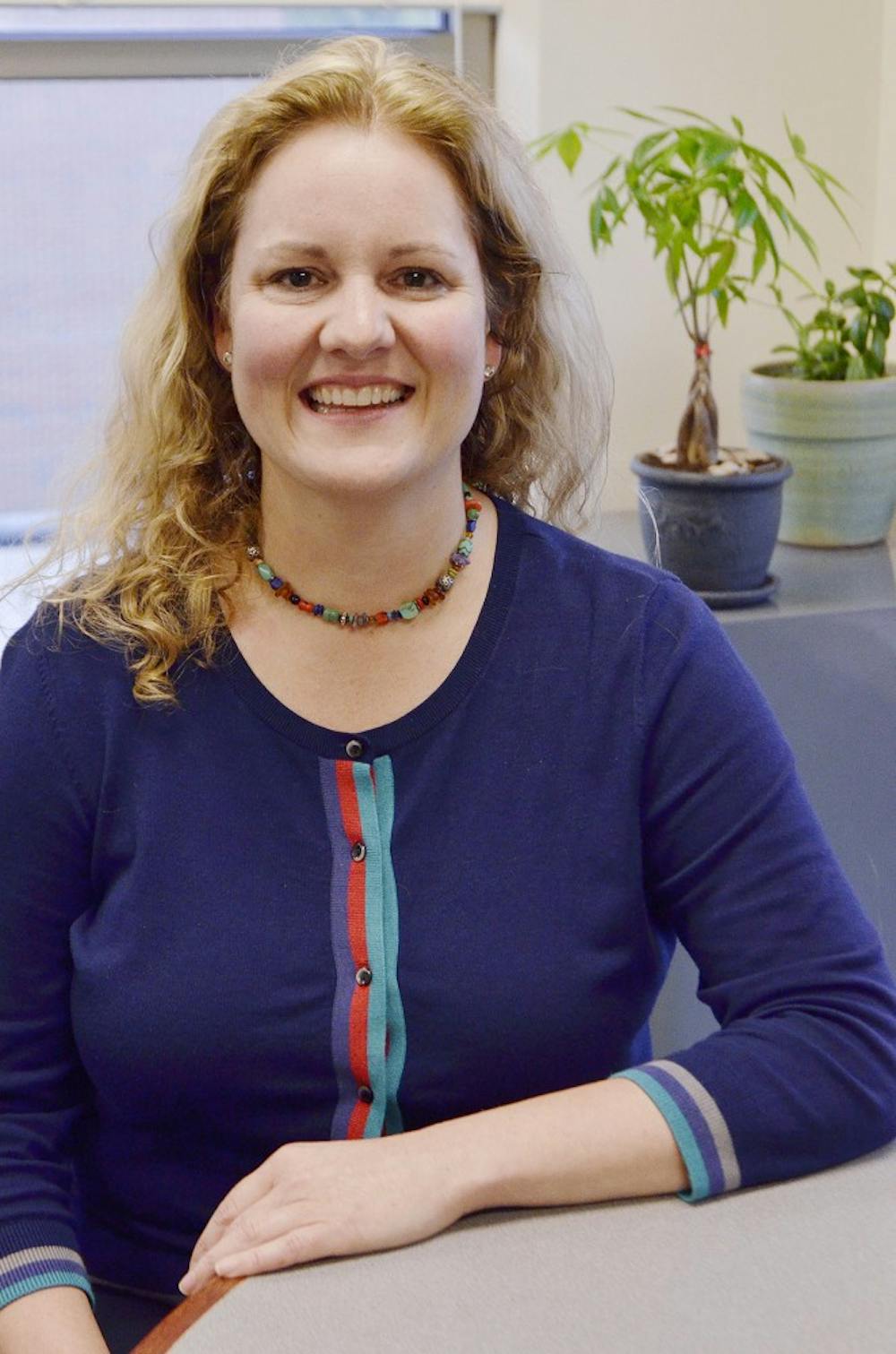When UNC professor Rebecca Macy was a social worker, she never knew if her clients would survive until her next meeting with them.
These clients were victims of interpersonal and sexual violence, and Macy said she often had the feeling that she she couldn’t help them.
But she said the worry she had for the women and their children’s safety motivated her to pursue solving the issue.
“That was a really profound experience for me,” Macy said. “I was in my early 20s and working with these women — I wasn’t sure how to help or how to make a difference in their lives.”
Macy is now a professor in the UNC School of Social Work and conducts research on domestic violence, sexual assault and human trafficking.
Macy said many prevention practices for these issues are not evidence-based, so she gathers data to gauge whether or not programs are effective.
Macy said she has worked with many organizations and communities during her career, and in April 2013, she began to work with the Pitt County Sheriff’s Office as a part of a national initiative to prevent domestic violence homicides.
“(Macy) brings a wealth of experience to this project that is instrumental to our success,” said Melissia Larson, grants administrator for the Pitt County Sheriff’s Office.
Pitt County, which is in eastern North Carolina, was one of 12 counties chosen nationwide for the U.S. Department of Justice’s Domestic Violence Homicide Prevention Demonstration Initiative.



